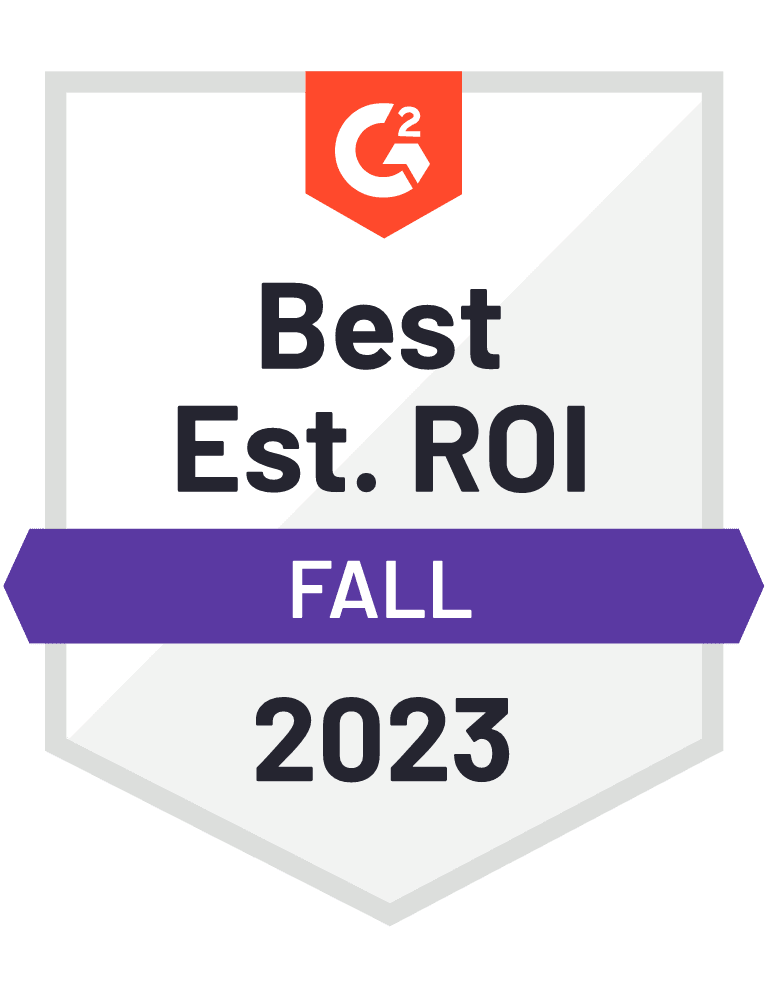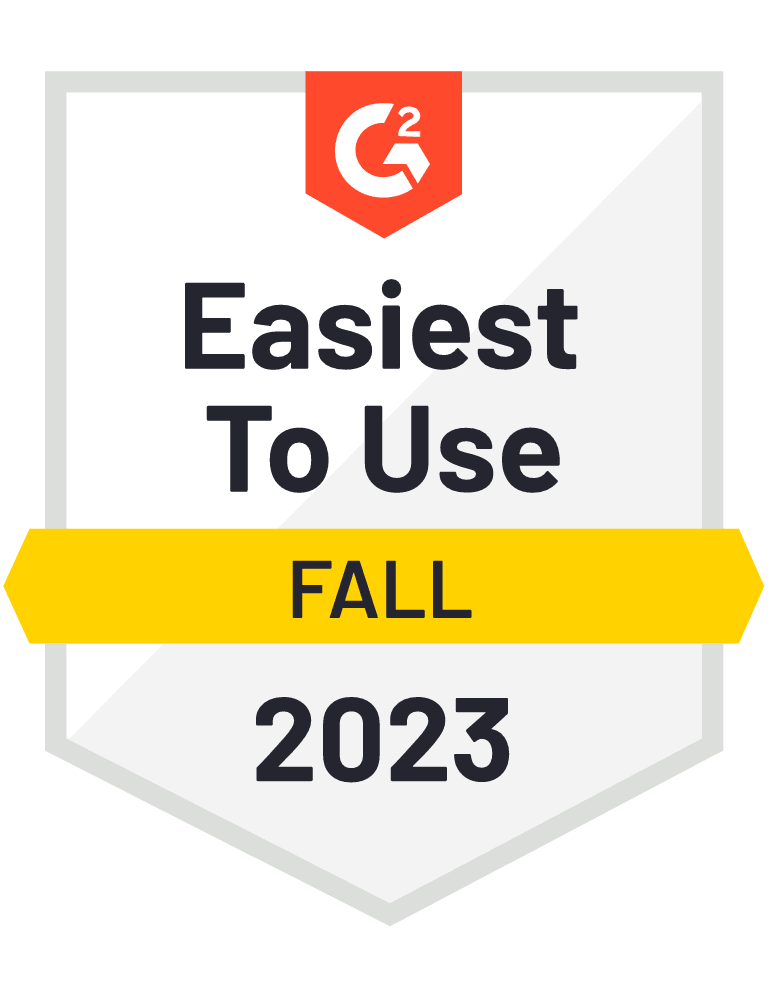The Learning Phase: What Advertisers Need to Know
Make the most of your advertising spend by exiting the Learning Phase as efficiently as possible.

Tejas Manohar

Alec Haase
November 1, 2023
7 minutes
A Closer Look at the Learning Phase
Modern advertising platforms leverage cutting-edge machine learning technologies. Each time an ad is displayed, millions of data points have been analyzed, contributing to the decision to show that specific ad to that user at that moment in time. Like any machine learning system, the efficacy of these algorithms is directly correlated with the quantity and quality of data at their disposal to “learn” from.
While these platforms constantly learn from active campaigns, the Learning Phase is the initial period after an ad set is launched (or edited heavily), where testing is prioritized to learn the most effective ways to deliver the ad set.

Launching a new ad in Meta.
Once a new ad set is launched, the platform tests diverse audiences, placements, and tactics through trial and error. The goal of the Learning Phase is to train algorithms to optimize your campaign's performance in the long run to meet your objectives.
Pro Tip: During the Learning Phase, your ad sets will likely not be incredibly effective, and your results will fluctuate significantly. It may take some time for the ad platform to learn about your target audience and what works best for your campaign goals, but it's best to resist the temptation to tinker with things until the Learning Phase has been completed.
Exiting the Learning Phase
Ad sets eventually emerge from the Learning Phase and enter the Active Phase (Meta) or Post Learning Phase (TikTok) once enough data has been collected for the algorithms to optimize your campaign confidently. This typically occurs after accumulating approximately 50 conversion events within a 7-day window (you can learn how to send best-in-class conversion signals here).
In Meta, if your ad set doesn't amass sufficient conversion events to exit this phase or the delivery system foresees insufficient future conversion events, it will be designated as "Learning Limited." Learning Limited isn't necessarily a penalty – it's more an indication that your budget isn't being spent effectively because the ad delivery system can't optimize performance with your current setup.

You can easily see the learning status of your campaigns in Meta.
Life after the Learning Phase
The Learning Phase holds the key to campaign success, and its significance cannot be underestimated. During this phase, ad delivery has not achieved complete optimization, leading to less stable ad sets, often resulting in higher CPA. However, once the algorithms have completed their training, the ad platform becomes significantly more effective at delivering your ads and ultimately achieving your campaign objectives.

One out of Learning Mode, campaign performance stabilizes.
Recent analysis from Marketing Science underscores this point. Advertisers who transition their ad sets from the Learning Phase to the Active Phase reduce CPAs by 19% compared to those ad sets that never exit and remain in Learning Limited. Notably, this analysis also demonstrates that advertisers who maintain less than 20% of overall spend in the Learning Phase achieve a 68% lower CPA than those who spend more than 50% of their budget in the Learning Phase.
For this reason, advertisers are strongly encouraged to steer clear of practices that hinder ad sets from exiting the Learning Phase. If your budget allocation during the Learning Phase exceeds 20% or your ad sets are flagged with the "Learning Limited" status, we highly recommend exploring the recommendations below.
Strategies to Optimize Learning Phase Spend
To optimize your advertising spend during the Learning Phase, adopting these best practices is crucial:
- Minimize Frequent Edits: Frequent manual edits can disrupt the Learning Phase, resetting progress. Only make edits once your ad set has exited the Learning Phase. If you need to make changes, try to batch them together so you only have to reset learning once.
- Streamline Ad Set Volume: Running an excessive number of ad sets can hinder the learning process. By consolidating similar ad sets, you can accelerate the Learning Phase and enhance overall performance. Account simplification, through ad set consolidation, also facilitates more effective delivery system learnings.
- Optimize Conversion Volume: Ensure that campaign and ad set settings support sufficient conversion volume. Key considerations include budget adequacy, appropriate bid strategies, larger audience sizes, and frequent conversion events. Strive for approximately 50 conversion events within a 7-day period to ensure a smooth exit from the Learning Phase.
- Optimize Ad Set Budget: Allocating enough budget is critical to getting out of the Learning Phase. Consider this scenario: if your typical CPA is $100 and the daily budget across your new ad sets is a mere $50 each, you’ll likely never exit the Learning Phase. Instead, you should consolidate your ad sets into one and allocate a budget of at least $5,000 ($100 CPA x 50 conversions) per week per ad set (~$715 per day) to exit the Learning Phase smoothly. Ideally, advertisers consolidate as much budget as possible into an ad set until they can meet the optimal conversion threshold defined earlier. This not only ensures your campaigns gain momentum but also allows you to transition out of the Learning Phase swiftly.

Consolidating ad sets allows for optimal conversion volume.
Conclusion
While avoiding behaviors that prolong the Learning Phase is essential, embracing the Learning Phase's critical role in campaign optimization is crucial. By adhering to the best practices outlined in this guide, you'll significantly lower your advertising cost per acquisition (CPA) and set the stage for long-term campaign success.
Want more content like this? Sign up to receive our marketing tips monthly here.



